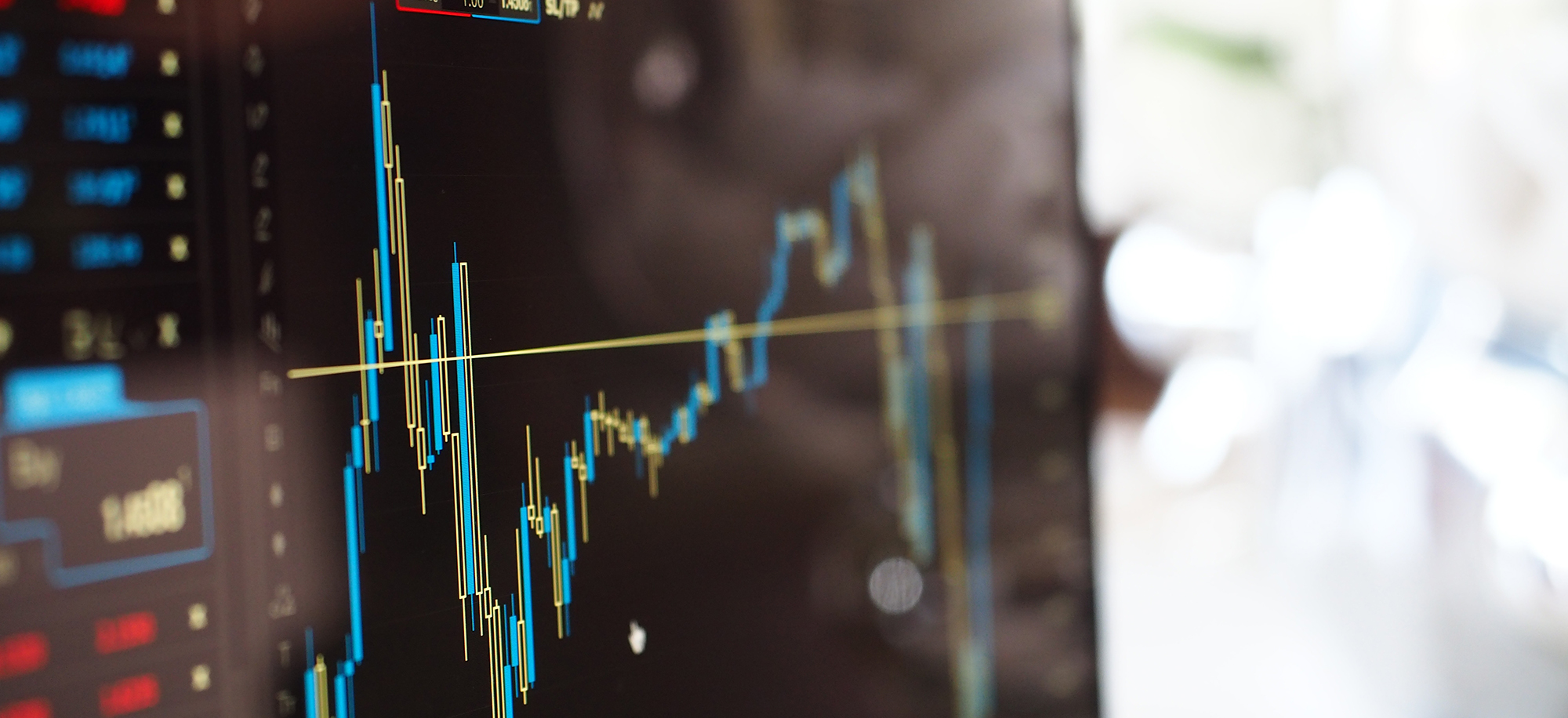Forecasts of investment analysts about record back buybacks began to appear in the first half of the year. In early June, the Swiss bank UBS reported that this year the largest US corporations can spend free cash in the amount of $ 2.5 trillion to finance mergers and acquisitions of their competitors, buy back their own shares and pay dividends to shareholders. UBS proceeds from calculations of the Federal Reserve System of the United States, according to which US companies have accumulated about $ 2.5 trillion of free funds in their American accounts and $ 3.5 trillion - in foreign ones. US corporations may derive $ 1.5 trillion from the tax reform of Donald Trump. As a result, UBS expects that by the end of the year US companies will spend about $ 500 billion to pay dividends and $ 700-800 billion to buy back shares.
Now these forecasts are proved by calculations of another investment company, Bernstein, says the FT. "The boom in the US, which has been rumored about for a long time, is accompanied by high volumes of buybacks on markets outside the US, which is not often the case," said Bernstein senior analyst Inigo Fraser-Jenkins. "This is taking place against a backdrop of record low volumes of new shares issued in the market. This situation explains why at present the net volume of new issues is at record low levels." According to Bernstein, in the last 12 months the ratio of the total volume of issued new shares - during the IPO, additional issues and issues of convertible bonds - to the total volume of shares bought out from the market was a record low for all such observations held by Bernstein. At the same time, the aggregate world value of the stock market is going up due to the growth of indices - the total market capitalization on the FTSE All-World index for the last ten years has grown from $ 35 trillion to $ 57 trillion.
The total fashion for buybacks, which began in the United States, has already reached Europe: in the last few weeks, companies such as Royal Dutch Shell ($ 25 billion buyback), Diageo ($ 2.6 billion), etc. have announced buyback programs. According to Bloomberg, in net continental Europe the net volume of new paper issues (the ratio of all new issues to all buybacks) became negative for the first time in the last ten years due to the growing number of buybacks and a low volume of issues.
Mass redemption of shares from the market in the US has already become the object of criticism. Companies are accused of directing free funds not to develop their businesses through new investments, but to strengthen control over the share capital.
However, experts urge not to draw such radical conclusions about the negative impact of the buybacks on new investments. Managing director of the investment company AQR Capital Management says that if we analyze reporting of companies included in the Russell 3000 index (3 thousand of the largest public companies in the US market capitalization), we will see that the net investment is now less than in 1990, but still positive and markedly higher than ten years ago.
source: ft.com, wsj.com
Now these forecasts are proved by calculations of another investment company, Bernstein, says the FT. "The boom in the US, which has been rumored about for a long time, is accompanied by high volumes of buybacks on markets outside the US, which is not often the case," said Bernstein senior analyst Inigo Fraser-Jenkins. "This is taking place against a backdrop of record low volumes of new shares issued in the market. This situation explains why at present the net volume of new issues is at record low levels." According to Bernstein, in the last 12 months the ratio of the total volume of issued new shares - during the IPO, additional issues and issues of convertible bonds - to the total volume of shares bought out from the market was a record low for all such observations held by Bernstein. At the same time, the aggregate world value of the stock market is going up due to the growth of indices - the total market capitalization on the FTSE All-World index for the last ten years has grown from $ 35 trillion to $ 57 trillion.
The total fashion for buybacks, which began in the United States, has already reached Europe: in the last few weeks, companies such as Royal Dutch Shell ($ 25 billion buyback), Diageo ($ 2.6 billion), etc. have announced buyback programs. According to Bloomberg, in net continental Europe the net volume of new paper issues (the ratio of all new issues to all buybacks) became negative for the first time in the last ten years due to the growing number of buybacks and a low volume of issues.
Mass redemption of shares from the market in the US has already become the object of criticism. Companies are accused of directing free funds not to develop their businesses through new investments, but to strengthen control over the share capital.
However, experts urge not to draw such radical conclusions about the negative impact of the buybacks on new investments. Managing director of the investment company AQR Capital Management says that if we analyze reporting of companies included in the Russell 3000 index (3 thousand of the largest public companies in the US market capitalization), we will see that the net investment is now less than in 1990, but still positive and markedly higher than ten years ago.
source: ft.com, wsj.com





